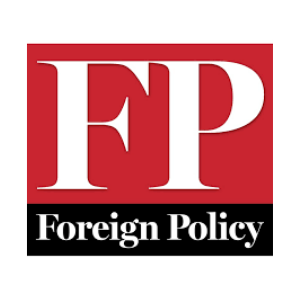U.N.’s Guterres Has a Plan to Reboot Multilateralism
Published in Foreign Policy
By Robert Muggah
The world is at a historical inflection point. It faces cascading, interconnected threats that could undermine global stability—including a relentless pandemic, runaway climate change, deepening inequalities and economic insecurity, massive digital vulnerabilities, and the proliferation of nuclear and biological weapons. Paradoxically, at precisely the moment global cooperation is most needed to meet these threats, international solidarity is in short supply. Confronted with a widening array of transnational risks, most governments are distracted, preoccupied with attending to domestic challenges.
Yet now more than ever, humanity’s collective future hinges on effective cooperation. Created 75 years ago, the United Nations was charged with facilitating collective action among nations on issues of peace, security, and development. Over the last decade, the organization has come under increasing strain, and some of its core bodies, especially the Security Council, are paralyzed. In order to avoid spiraling global instability, newly reelected U.N. Secretary-General António Guterres and leaders from several countries have called for the renewal of multilateralism. In a widely anticipated report issued this month under the title “Our Common Agenda,” Guterres lays out a blueprint for how this can be done. (Disclosure: The Igarapé Institute, where we both work, contributed to the report.)
Read the opinion article



